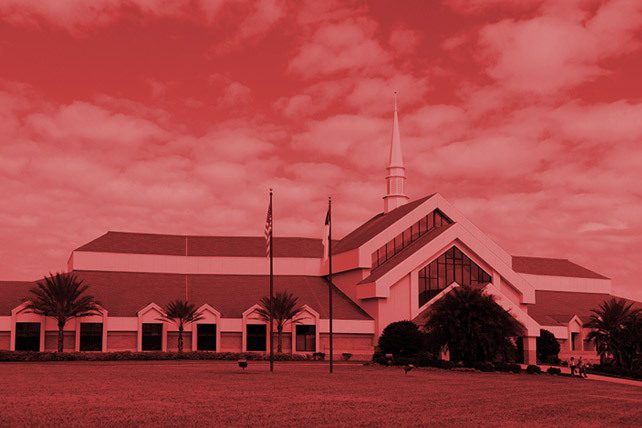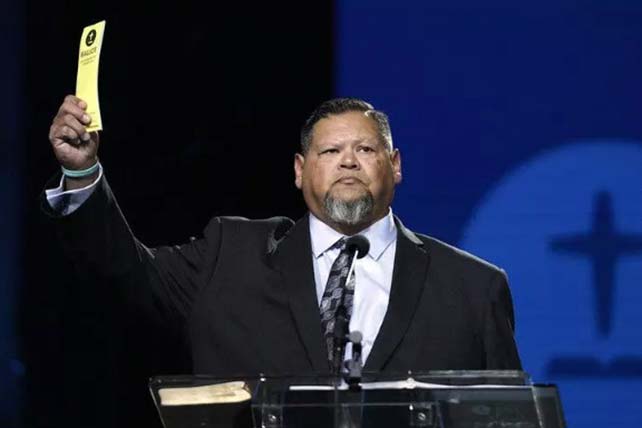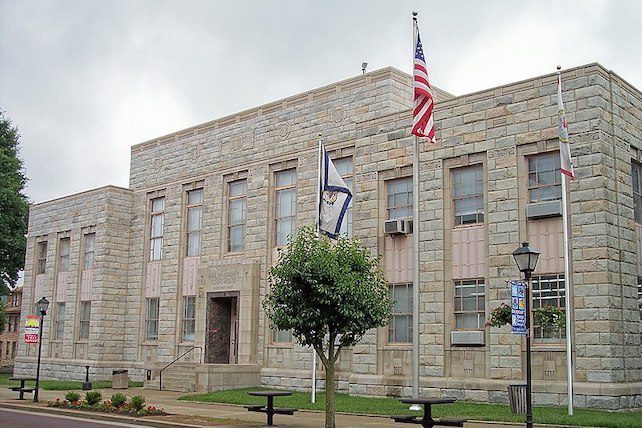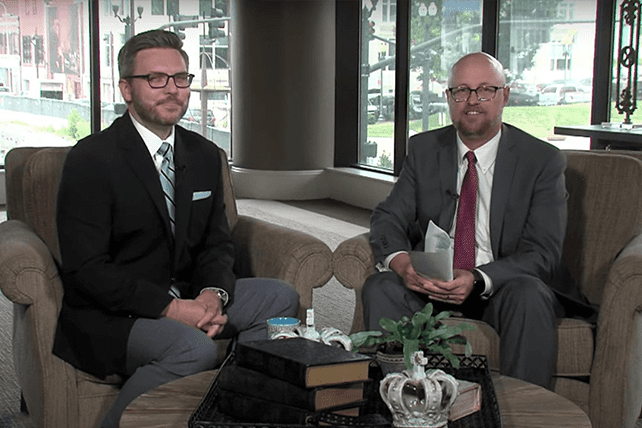Canadian clinical psychologist, author, and political personality Jordan Peterson recently delivered a “Message to the Christian Churches” via his YouTube channel, urging churches to invite young men into their midst.
Peterson, who has not been active on Twitter since receiving a suspension for a transphobic tweet late last month, recently joined the lineup of conservative news and media company The Daily Wire, providing content for their premium subscription service.
In the address, Peterson articulated his belief that the primary function of the church is to instill a sense of fighting purpose in people, especially young men.
Peterson’s Message to the Christian Churches
“It is, of course, completely presumptuous of me to dare to write and broadcast a video entitled ‘Message to the Christian Churches,’” Peterson said. “But I’m going to do it anyway, because I have something to say and because that something needs to be said.”
Peterson went on to say that he has noticed that most of his listeners are young men.
“That is not a phenomenon that can be easily accounted for,” Peterson remarked. “But let me try.”
“Now, in the West, because of the weight of historical guilt that is upon us, a variant of the sense of original sin in a very real sense, and because of a very real attempt by those possessed by what might be described as unhelpful ideas to weaponize that guilt, our young people face a demoralization that is perhaps unparalleled,” Peterson said. “This is particularly true of young men.”
Peterson went on to criticize broader cultural movements to address toxic masculinity, patriarchy, and environmental degradation. Peterson said that male ambition is characterized in western culture as “competitive and dominating power-mad, selfish, exploitative, raping and pillaging.”
“You might think that I am overstating the case,” Peterson said. “Think again, sunshine. We in the West are facing an all-out assault, at the deepest levels.”
Peterson identified deconstructionism and Marxism as chief foes against masculinity, discouraging young men from wanting adventure in life. Peterson characterized these ideologies as demonic and hellish in nature.
Peterson then offered what he believes to be the solution for Christian churches.
“The Christian church is there to remind people, young men included and perhaps even first and foremost, that they have a woman to find, a garden to walk in, a family to nurture, an ark to build, a land to conquer, a ladder to heaven to build, and the utter, terrible catastrophe of life to face stalwartly in truth, devoted to love and without fear,” Peterson said.
“Invite the young men back. Say, literally, to those young men: You are welcome here. If no one else wants what you have to offer, we do. We want to call you to the highest purpose of your life. We want your time and energy, and your effort, and your will, and your goodwill. We want to work with you to make things better, to produce life more abundant for you and for your wife and children, and for your community and your country and the world,” Peterson urged.
“And we have our problems in the Christian church. We are more abundant, sometimes, far too often, corrupt, and sometimes deeply so. We’re outdated, as are all institutions with their roots in the dead but still often wise past,” Peterson continued. “So join us. We’ll help fix you up, and you can help fix us up. And together, we’ll aim up.”
“And here is a message to those young men skeptical about such things,” Peterson said. “What else do you have? You can abandon the churches in your cynicism and disbelief. You can say to yourself, narcissistically and solipsistically, ‘The church does not express what I believe properly.’”
“Who cares what you believe? Why is this about you,” Peterson questioned. “What if it was incumbent upon you and vital to your health and willingness even to live to rescue your dead father from the belly of the beast, where he has always resided, and to restore him to life?”




























